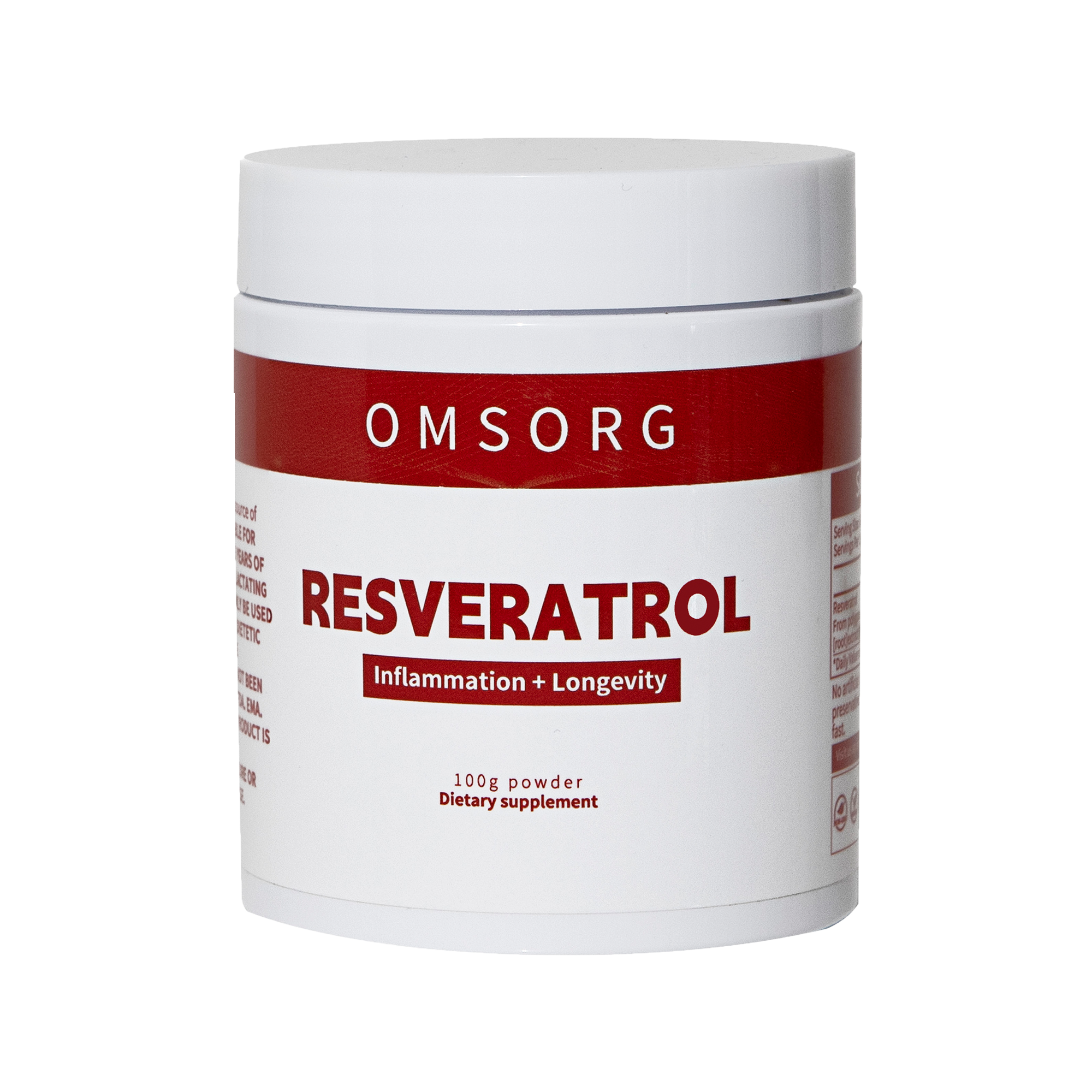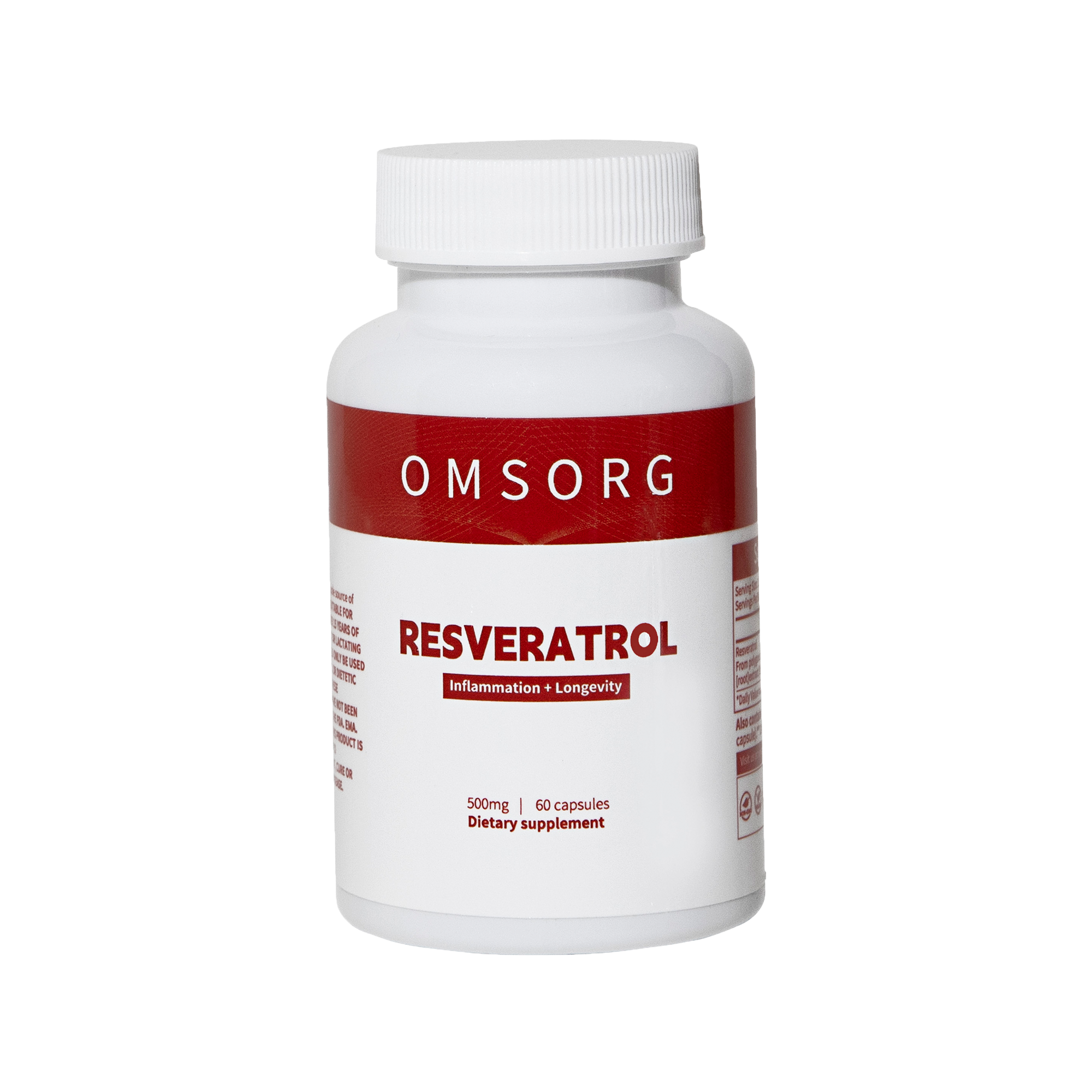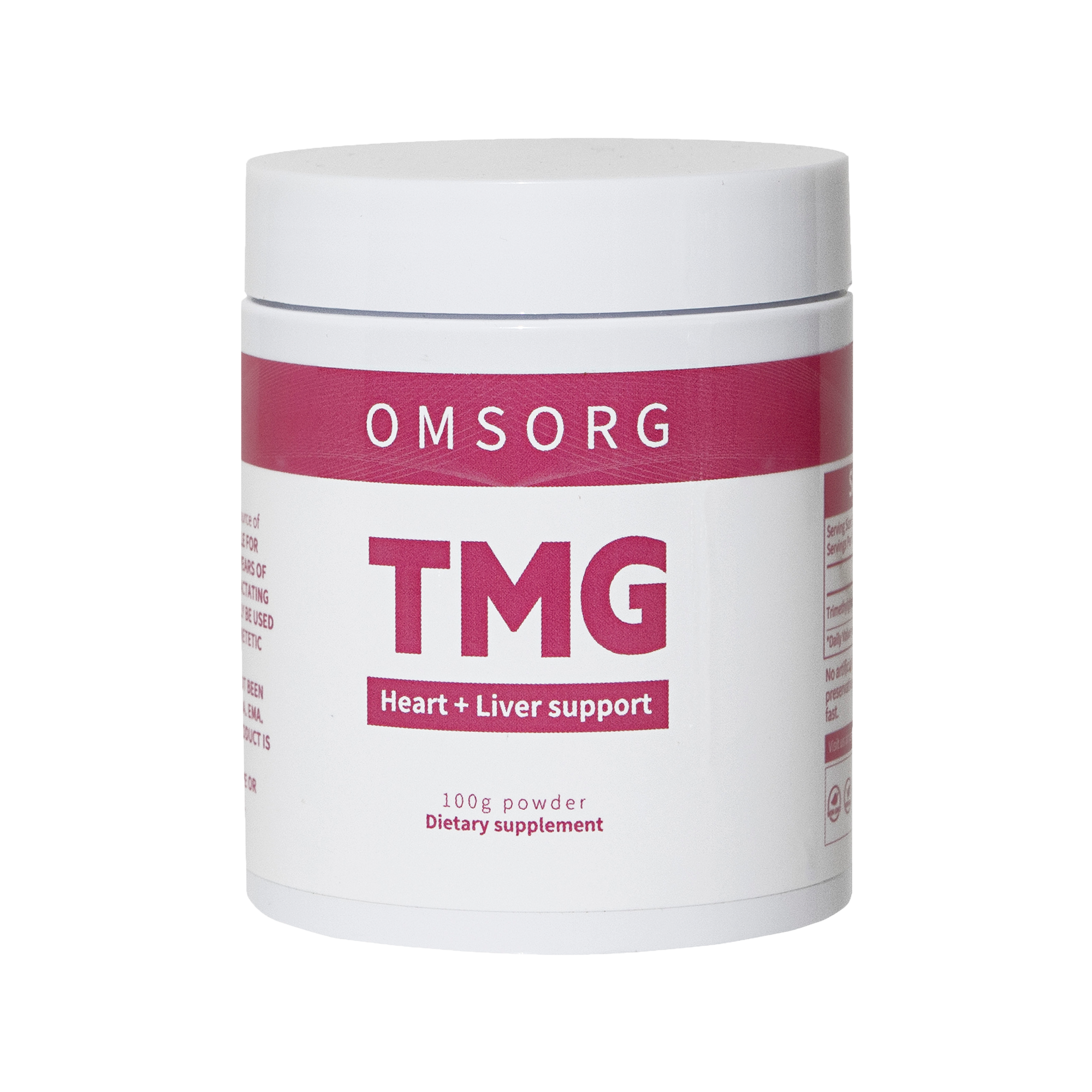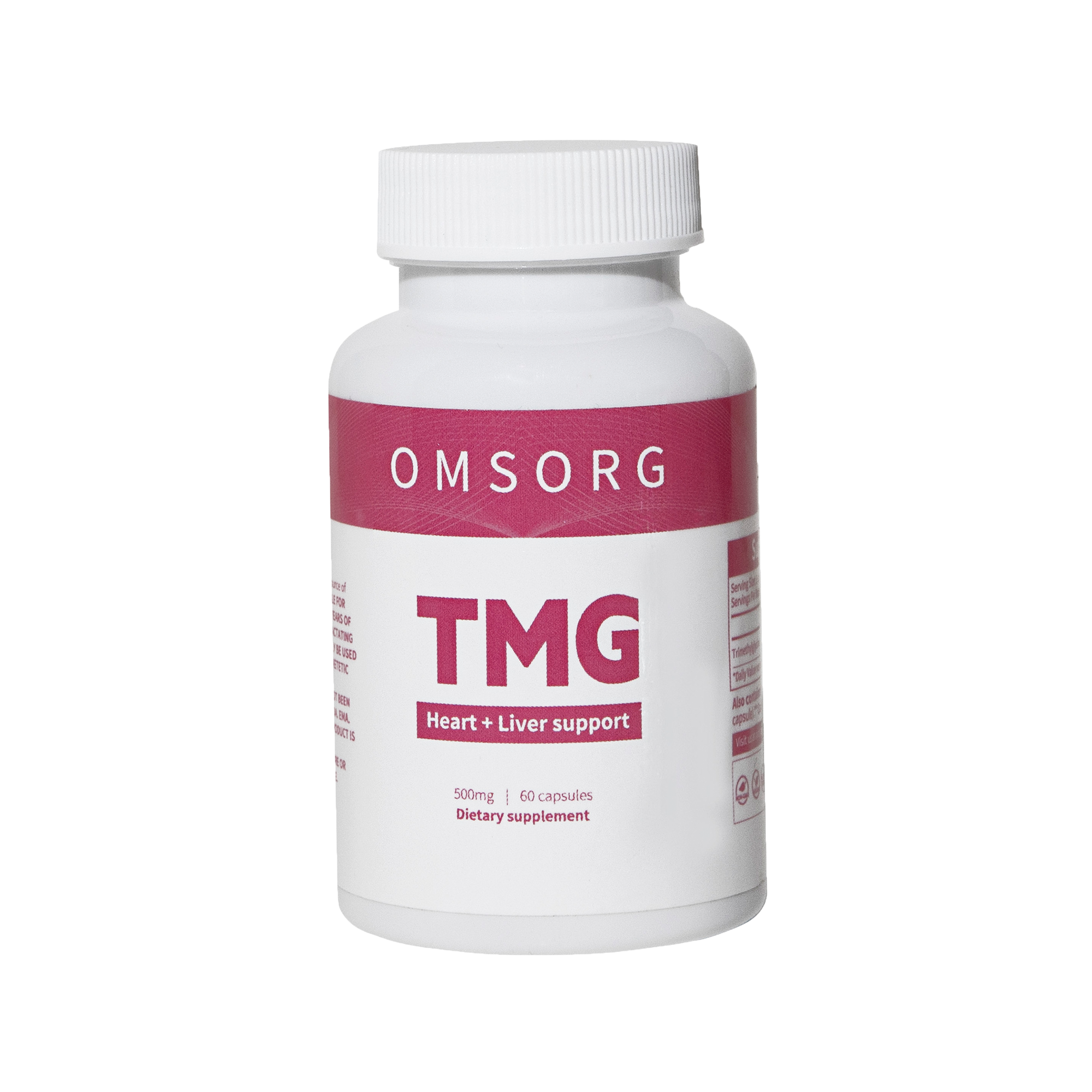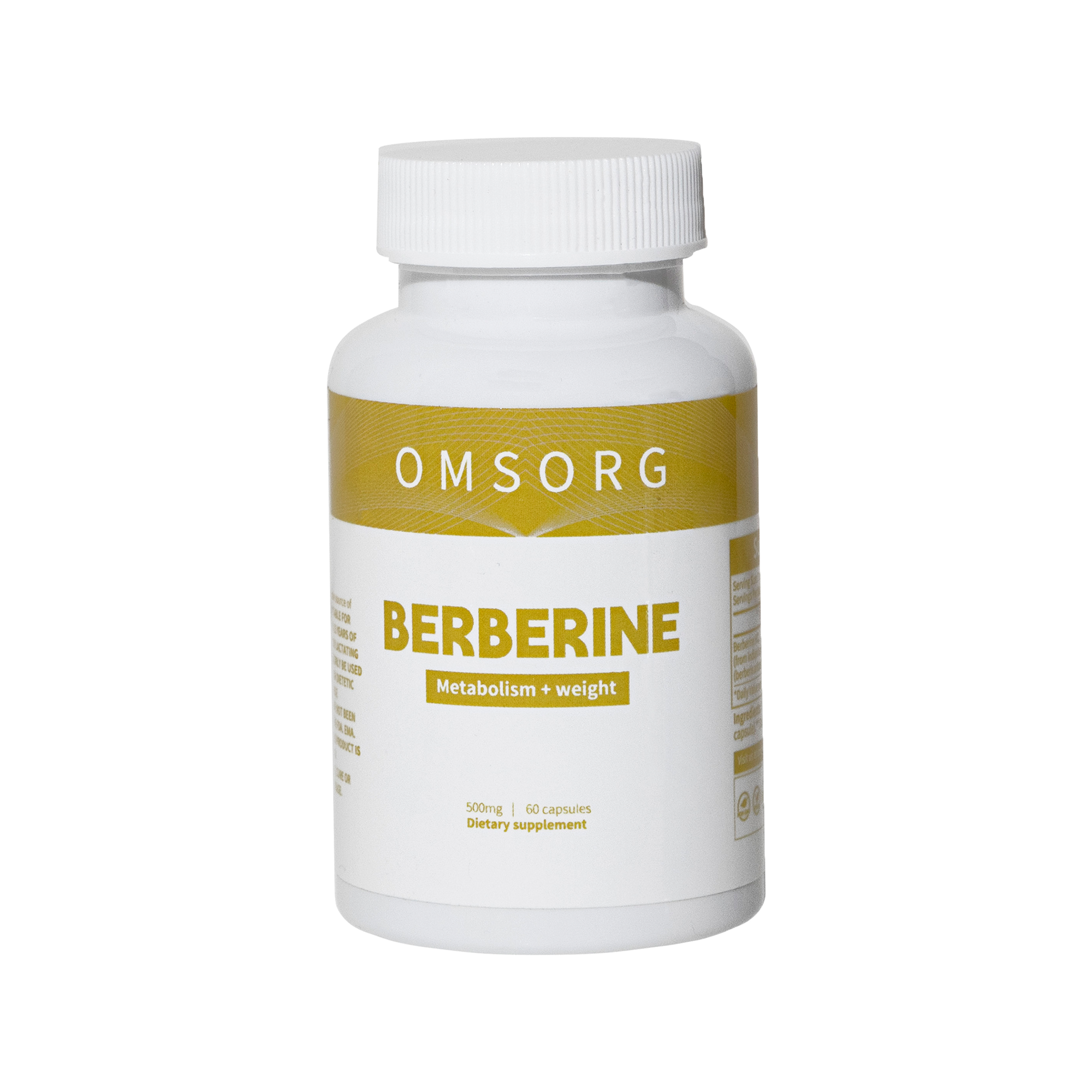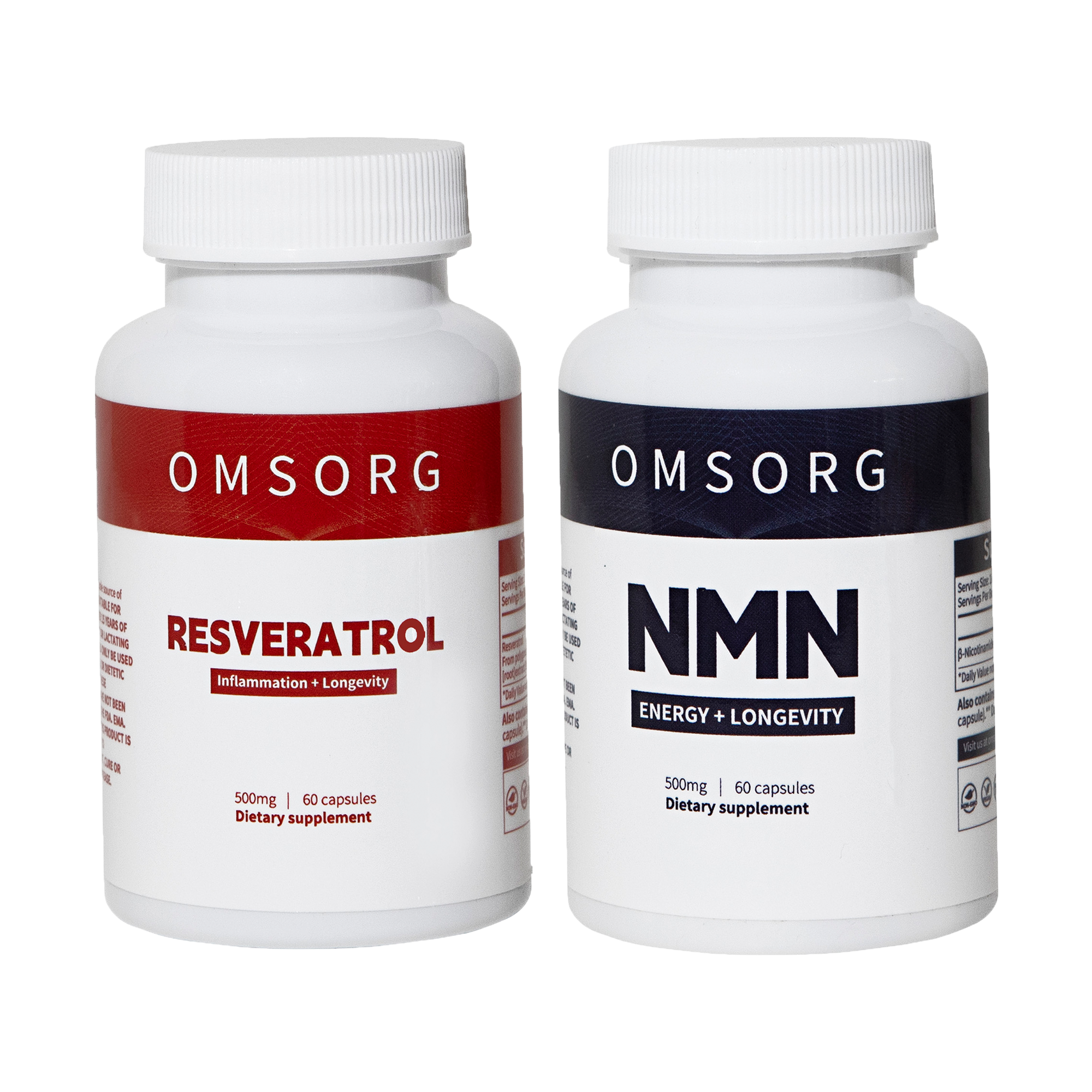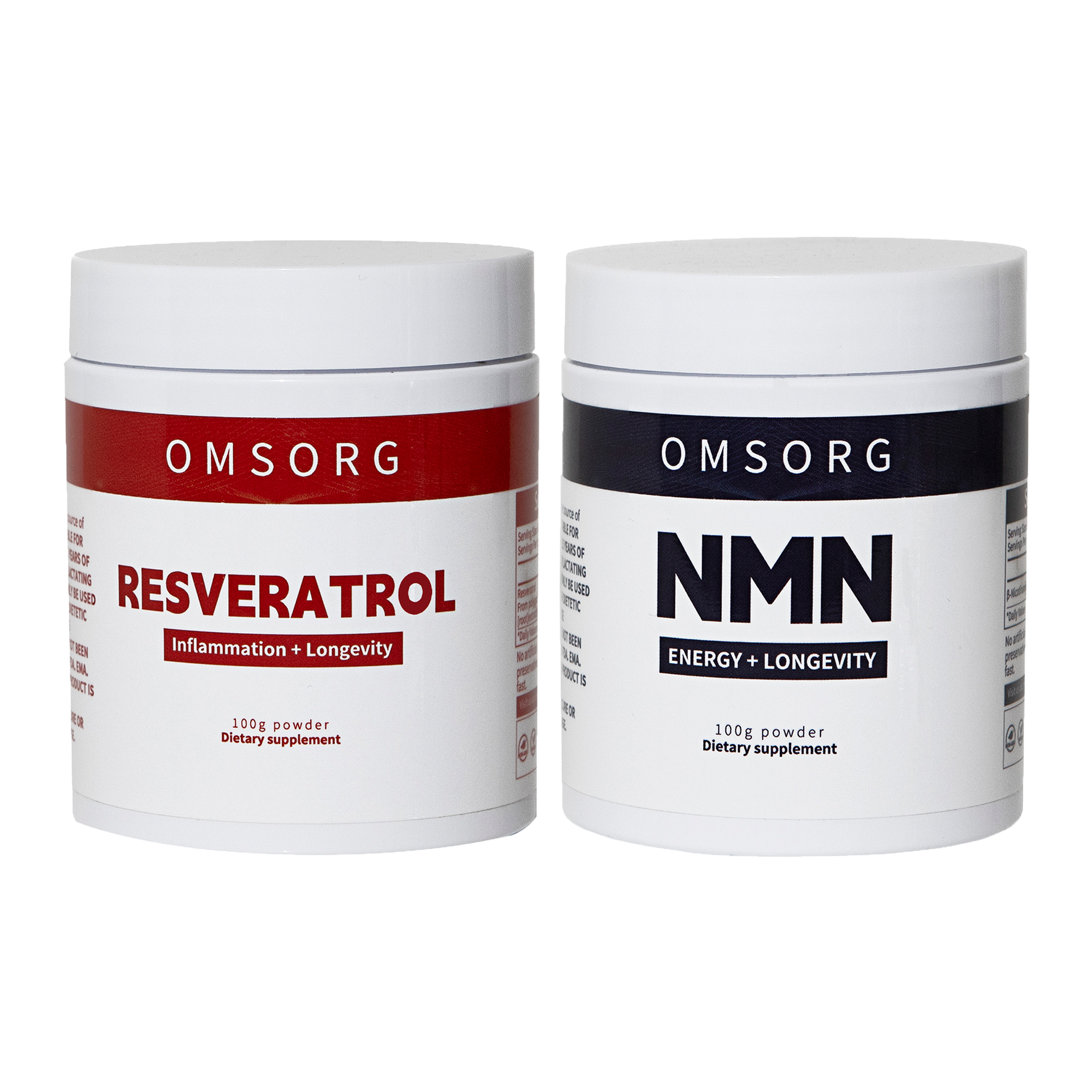
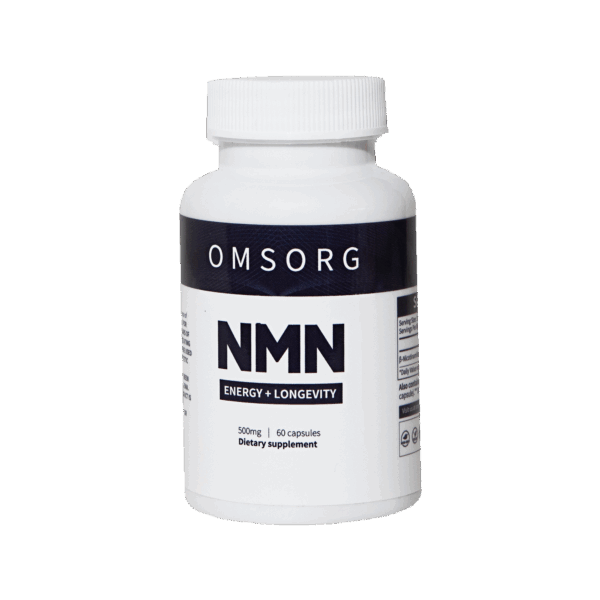
The Hidden Influences of Stress on Our Lifespan and Youthfulness

Introduction
Stress is an inevitable part of life, woven into the very fabric of our daily existence. Whether it comes from work, personal relationships, or financial concerns, stress has a profound impact on our overall well-being. While we often think of stress as a negative force, its role in longevity and anti-aging is complex and multifaceted. In this article, we will explore how stress influences our lifespan, the mechanisms behind its effects, and ways to manage stress for a healthier, more youthful life.
The Dual Nature of Stress
Stress is not inherently bad. In fact, it can be divided into two categories: eustress and distress. Eustress is the positive form of stress that can motivate and energize us, helping us to perform better under pressure. It is the kind of stress that athletes feel before a big game or that we experience when working on a challenging project. Eustress can enhance our cognitive function, boost our energy levels, and improve our overall performance (Selye, 1974).
On the other hand, distress is the negative form of stress that can lead to physical and mental health problems. Chronic stress, which is prolonged and persistent, can have detrimental effects on our body and mind, contributing to a range of health issues, including cardiovascular disease, depression, and anxiety. It is this type of stress that is most commonly associated with aging and a shortened lifespan (Cohen et al., 2012).
The Biological Mechanisms of Stress
When we experience stress, our body undergoes a series of physiological changes known as the “fight-or-flight” response. This response is mediated by the release of stress hormones, such as cortisol and adrenaline, which prepare us to face immediate threats (Sapolsky, 2004). While this response is essential for survival, chronic activation of the stress response can have harmful effects on our health.
One of the key mechanisms through which stress influences aging is through its impact on our cells. Chronic stress can lead to cellular damage and inflammation, both of which are closely linked to the aging process (Blackburn & Epel, 2017). Stress can also affect the length of our telomeres, which are protective caps at the ends of our chromosomes. Shortened telomeres are associated with aging and a higher risk of age-related diseases (Epel et al., 2004).
Impact on the Immune System
Stress also plays a significant role in modulating our immune system. While acute stress can temporarily boost our immune function, chronic stress suppresses it, making us more susceptible to infections and illnesses (Glaser & Kiecolt-Glaser, 2005). A weakened immune system not only affects our overall health but also accelerates the aging process.
Effects on Mental Health
The effects of stress on mental health cannot be overstated. Chronic stress can lead to depression, anxiety, and cognitive decline, all of which can contribute to premature aging (Kendall-Tackett, 2000). Stress can also interfere with our sleep patterns, leading to poor sleep quality and insomnia. Since sleep is crucial for the body’s repair and regeneration processes, disrupted sleep can further exacerbate the aging process (Walker, 2017).
Strategies to combat Stress
Given the profound impact of stress on longevity and aging, it is essential to adopt effective stress management strategies. Here are some techniques that can help:
Mindfulness and Meditation
Practicing mindfulness and meditation can help reduce stress by promoting relaxation and a sense of calm. These practices can also enhance our emotional resilience, allowing us to better cope with stressors (Kabat-Zinn, 2003).
Physical Activity
Regular physical activity is one of the most effective ways to combat stress. Exercise releases endorphins, which are natural mood enhancers, and helps to reduce the levels of stress hormones in the body (Ratey, 2012).
Healthy Diet
A balanced diet rich in antioxidants, vitamins, and minerals can support our body’s ability to manage stress. Foods such as fruits, vegetables, nuts, and seeds can help reduce inflammation and support overall health (Gomez-Pinilla, 2008).
Social Connections
Maintaining strong social connections can provide emotional support and reduce feelings of isolation and stress. Engaging in social activities and spending time with loved ones can enhance our sense of well-being (House et al., 1988).
Quality Sleep
Prioritizing good sleep hygiene can improve our sleep quality and help our body recover from the effects of stress. Establishing a regular sleep routine and creating a restful sleep environment are crucial steps in promoting better sleep (Walker, 2017).
Stress is an unavoidable aspect of life, but its impact on our longevity and aging can be managed through effective strategies. By understanding the dual nature of stress and its biological mechanisms, we can adopt practices that promote resilience and well-being. Embracing a holistic approach to stress management can help us lead healthier, more youthful lives, extending our lifespan and enhancing our quality of life. The key lies in recognizing the signs of chronic stress and taking proactive steps to mitigate its effects, ultimately paving the way for a longer, healthier, and more vibrant existence.
References
- Selye, H. (1974). Stress without distress. New York: Lippincott.
- Cohen, S., Janicki-Deverts, D., & Miller, G. E. (2012). Psychological stress and disease. JAMA, 298(14), 1685-1687.
- Sapolsky, R. M. (2004). Why zebras don’t get ulcers: The acclaimed guide to stress, stress-related diseases, and coping. Holt Paperbacks.
- Blackburn, E. H., & Epel, E. S. (2017). The telomere effect: A revolutionary approach to living younger, healthier, longer. Grand Central Publishing.
- Epel, E. S., et al. (2004). Accelerated telomere shortening in response to life stress. PNAS, 101(49), 17312-17315.
- Glaser, R., & Kiecolt-Glaser, J. K. (2005). Stress-induced immune dysfunction: Implications for health. Nature Reviews Immunology, 5(3), 243-251.
- Kendall-Tackett, K. (2000). Psychoneuroimmunology: Stress, mental health, and disease. Trauma, Violence, & Abuse, 1(2), 170-197.
- Walker, M. P. (2017). Why we sleep: Unlocking the power of sleep and dreams. Scribner.
- Kabat-Zinn, J. (2003). Mindfulness-based interventions in context: Past, present, and future. Clinical Psychology: Science and Practice, 10(2), 144-156.
- Ratey, J. J. (2012). Spark: The revolutionary new science of exercise and the brain. Little, Brown.
- Gomez-Pinilla, F. (2008). Brain foods: The effects of nutrients on brain function. Nature Reviews Neuroscience, 9(7), 568-578.
- House, J. S., Landis, K. R., & Umberson, D. (1988). Social relationships and health. Science, 241(4865), 540-545.

